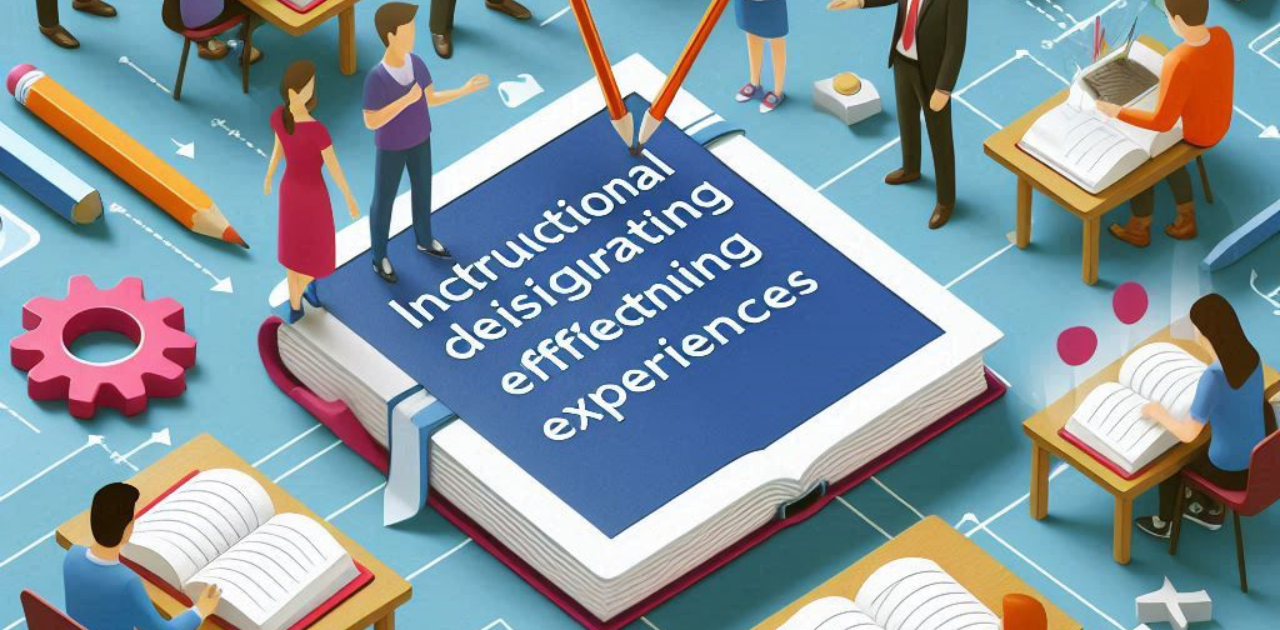Financial Literacy: Your Guide to Money Management
Contents
Financial Literacy: Your Guide to Money Management
Introduction
Financial literacy is the ability to understand and effectively use a variety of financial skills, including personal financial management, budgeting, and investing. It is the basis for making informed financial decisions and achieving long-term financial goals.

The importance of financial literacy
- Better Decision Making: Financial literacy empowers individuals to make informed choices about spending, saving and investing.
- Reduced financial stress: Understanding personal finances can reduce anxiety about money.
- Better Financial Security: Strong financial literacy can lead to financial stability and independence.
- Achieving Financial Goals: Setting and reaching financial milestones becomes more attainable.
Important components of financial literacy
- Budgeting: Creating and sticking to a budget to manage income and expenses.
*Savings and Investments: Building an emergency fund and exploring investment options. - Debt Management: Understanding different types of debt and planning to pay it off.
- Credit Score: Knowing how credit works and building a good credit history.
- Insurance: Protection of assets and income through various insurance policies.
- Tax Planning: Understanding tax laws and maximizing deductions.
Retirement Planning: Save for retirement through appropriate investment vehicles.
Table: Financial Literacy Skills

| Skills Description |
|—|—|
| Budgeting | Creating and implementing an expenditure plan
| savings Setting financial goals and creating an emergency fund
| Investment | Increase wealth through stocks, bonds, or real estate
| Debt Management | Understanding and managing credit cards, loans and other debt
| Credit Score | Building and maintaining a good credit history
| Insurance | Protect assets with adequate coverage
| Retirement Planning | Saving for future financial security
Frequently Asked Questions About Financial Literacy
How can I start building good financial habits?
- Create a budget, track your expenses, and set realistic financial goals.
*What is the difference between saving and investing? - Saving means allocating money for short-term goals, while investment is for long-term growth.
*How can I improve my credit score? - Pay bills on time, keep credit card balances low, and avoid opening unnecessary accounts.
What is the importance of emergency fund? - An emergency fund provides a financial safety net for unexpected expenses.
When should I start planning for retirement? - The sooner you start saving for retirement, the better.

Result
Financial literacy is a lifelong learning process. By developing strong financial knowledge and habits, individuals can improve their overall well-being and achieve long-term financial success. It is important to start building financial literacy early in life and continue to learn at different stages of life.
Would you like to focus on a specific aspect of financial literacy, such as budgeting, investing, or debt management?







